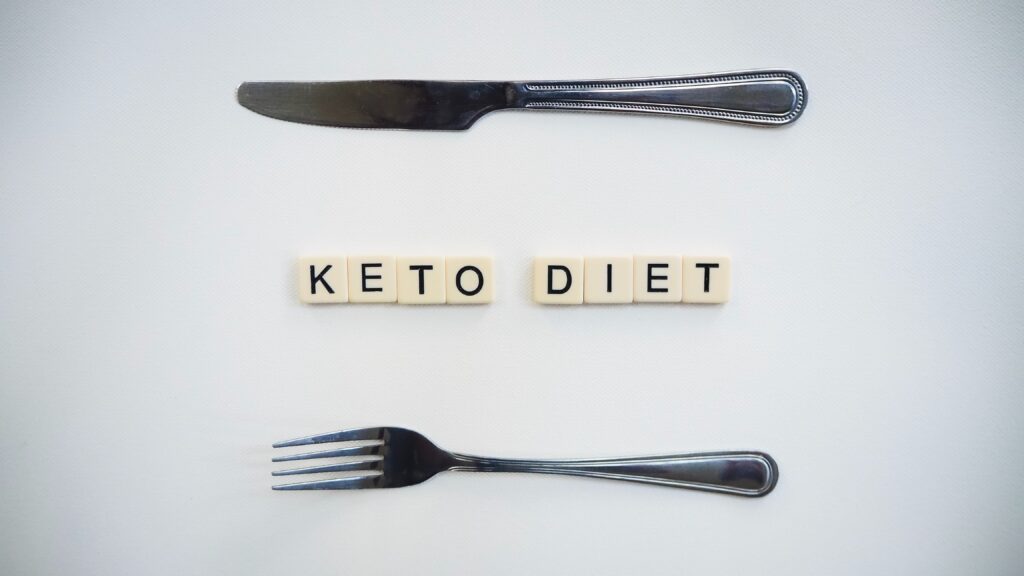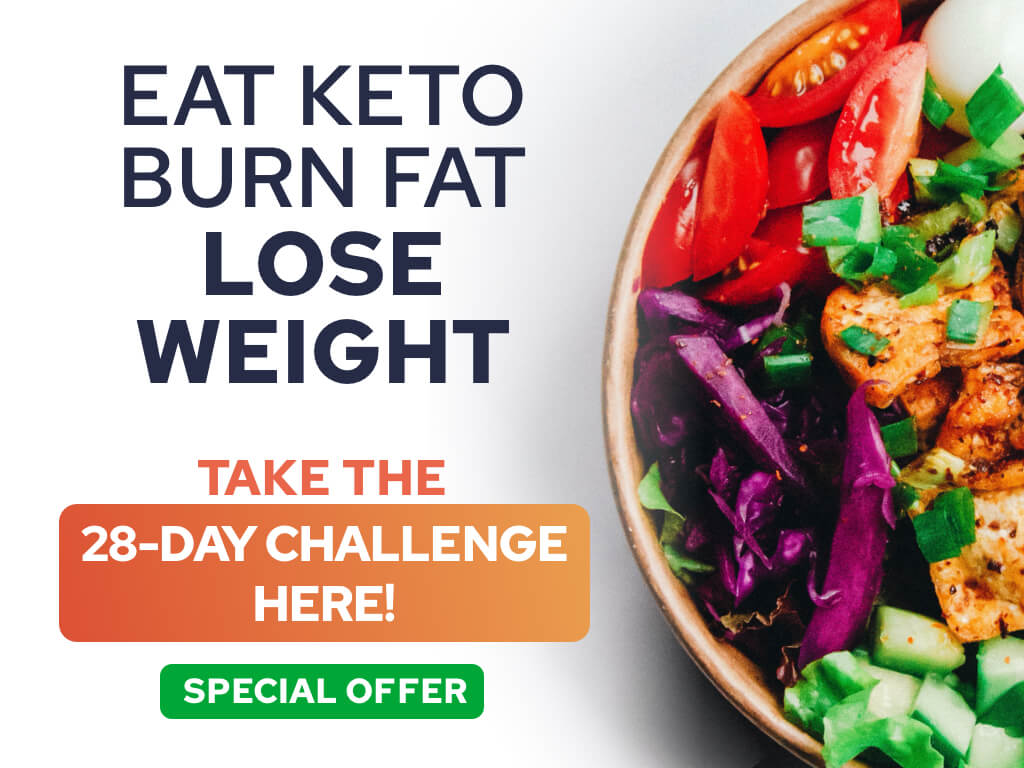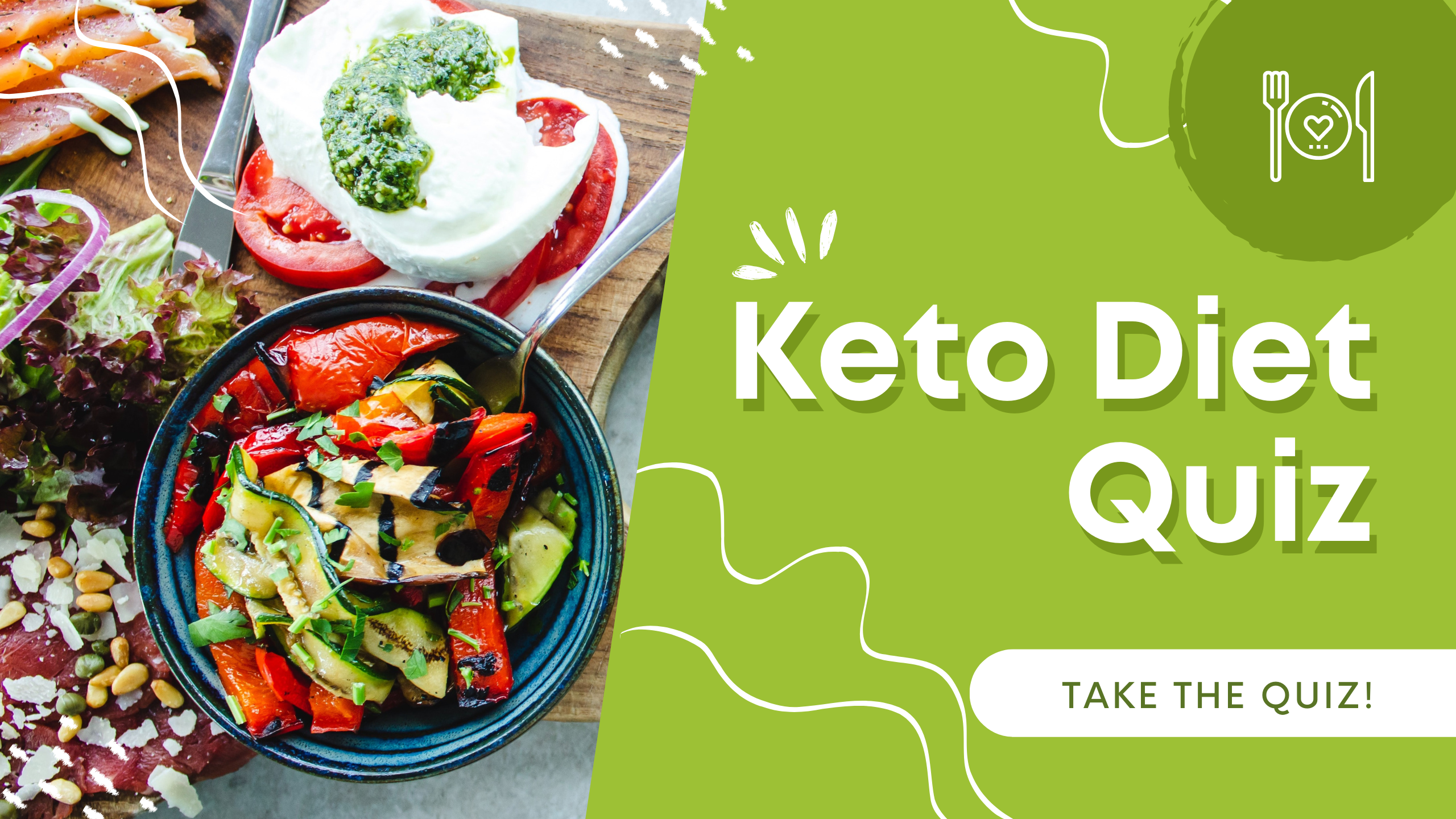With 2023 coming up, you, like many, are probably thinking about incorporating some resolutions into your lifestyle that center around getting fit or losing weight. I am right there with you. I like to let loose a little during the holidays and indulge myself in baked treats, good drinks, and rich foods. But, come the end of the year, I am definitely feeling, and seeing, the results of my indulgence. So, when the new year turns around, I inevitably set a goal to lose X pounds by Y date. And while I take to staying active first, I also know adding in a diet can help as well in order to drop the pounds that I want, which I why I have begun incorporating the Keto diet into my yearly dieting goals.
If you’ve been considering trying a keto diet (which is probably why you clicked on this post), you might be wondering though, what the benefits and main concerns are. You will probably see me say this quite a bit throughout this blog, but I consider Keto to only be a short-term solution to achieve the means of hitting a goal, not a long-term diet. I’ll go into why in a bit, but as a short-term solution, I think Keto is a great option to hit your goal quickly and in a way that doesn’t leave you having huge cravings throughout the day.

What is a Keto Diet?
So, what is a Keto diet to start? A keto diet is a high-fat, low-carb diet that has been shown to have a number of potential health benefits, including weight loss, improved blood sugar control, and reduced risk of certain diseases. However, it’s important to be aware of the potential concerns as well.
- One of the main benefits of a keto diet is weight loss. By drastically reducing your intake of carbs and increasing your intake of fats, your body enters a state of ketosis, in which it begins to burn fat for energy instead of carbs. This can lead to significant weight loss, especially in the short term.
- Another potential benefit of a keto diet is improved blood sugar control. By reducing your intake of carbs, you may be able to lower your blood sugar levels and reduce your risk of developing conditions like type 2 diabetes.
There are also some studies that suggest a keto diet may have other health benefits, such as reducing the risk of heart disease and certain types of cancer. However, more research is needed to fully understand these potential benefits.

What are some of the concerns with a Keto diet?
While there are certainly some potential benefits to a keto diet, it’s important to be aware of the potential concerns as well. One concern is that a keto diet may be low in certain nutrients, such as fiber, vitamins, and minerals. It’s important to make sure you’re getting enough of these nutrients by eating a variety of healthy foods and possibly taking supplements.
Another concern is that a keto diet may be difficult to stick to long-term. Because it involves such a drastic reduction in carbs, it can be challenging to maintain and may not be sustainable for everyone.

How do I incorporate keto into my lifestyle?
If you’re interested in incorporating a keto diet into your lifestyle, there are a few steps you can take:
Educate yourself: It’s important to fully understand the principles of a keto diet before you start. This means learning about the types of foods you can and can’t eat, as well as the potential benefits and concerns.
Consult with a healthcare professional: Before starting any new diet, it’s a good idea to consult with a healthcare professional, such as a doctor or registered dietitian. They can help you determine if a keto diet is right for you and provide guidance on how to safely follow the diet.
- Plan your meals: A keto diet involves significantly reducing your intake of carbs and increasing your intake of fats. This means you’ll need to plan your meals carefully to make sure you’re getting the right balance of nutrients. This may involve preparing meals in advance or packing lunch to take with you.
- Find keto-friendly recipes: There are many websites and cookbooks with keto-friendly recipes that can help you plan your meals and find new and creative ways to enjoy keto-friendly foods.
- Make sure you’re getting enough nutrients: A keto diet may be low in certain nutrients, such as fiber, vitamins, and minerals. It’s important to make sure you’re getting enough of these nutrients by eating a variety of healthy foods and possibly taking supplements.
By following these steps, you can incorporate a keto diet into your lifestyle in a healthy and sustainable way. Just remember to consult with a healthcare professional and be mindful of any potential concerns.


Is the keto diet a long or short-term solution?
The keto diet is generally considered a short-term diet, as it is not intended to be followed indefinitely. The diet involves significantly reducing your intake of carbs and increasing your intake of fats, which can lead to rapid weight loss in the short term. However, it may be difficult to maintain a keto diet long-term, as it can be challenging to stick to the strict carb restrictions and may not provide all the nutrients your body needs. In my conversations with dietitians in the past, they recommend the same as well. It’s a fad diet for sure and should only be used as a short-term solution because you are missing out on essential nutrients.
Are there any good resources out there to learn more?

I would suggest this book as a good read and it helps with setting up a meal plan for you. It’s called the Keto 28-day challenge, and honestly, I feel like that is the perfect amount of time to hit the goal you want and then get back to a more sustainable form of dieting and exercise.
Keto Diet 101: Wrap Up
While some people may choose to follow a keto diet for a longer period of time, it’s generally recommended to use the diet as a short-term tool for weight loss or other specific health goals, rather than a long-term lifestyle change. If you’re interested in following a keto diet, it’s a good idea to consult with a healthcare professional to determine if it’s a safe and appropriate option for you. They can help you develop a plan that is sustainable and meets your individual needs.


